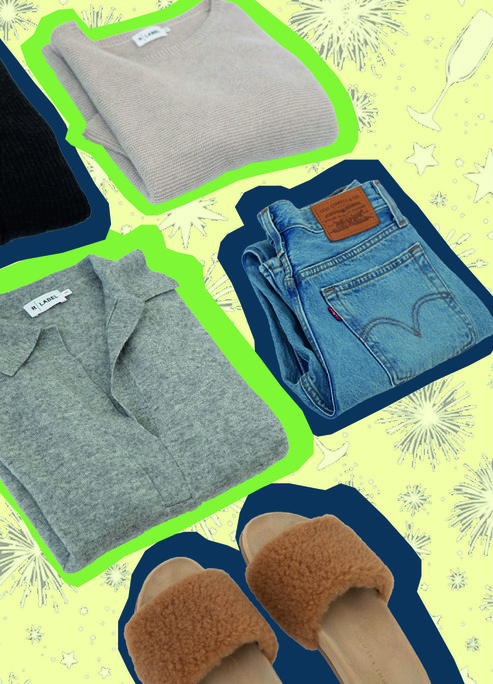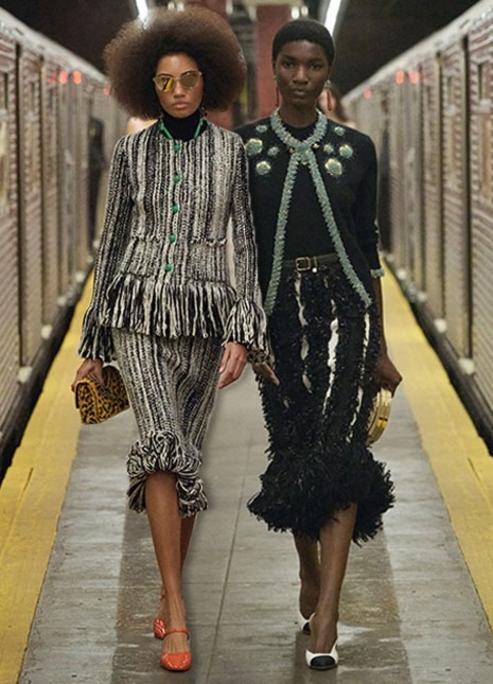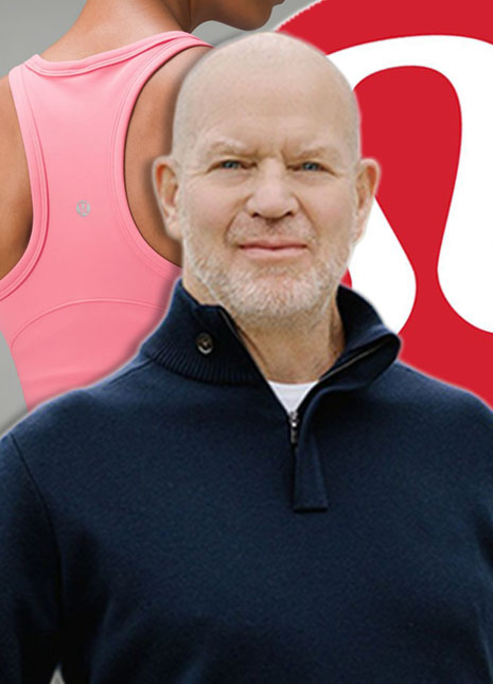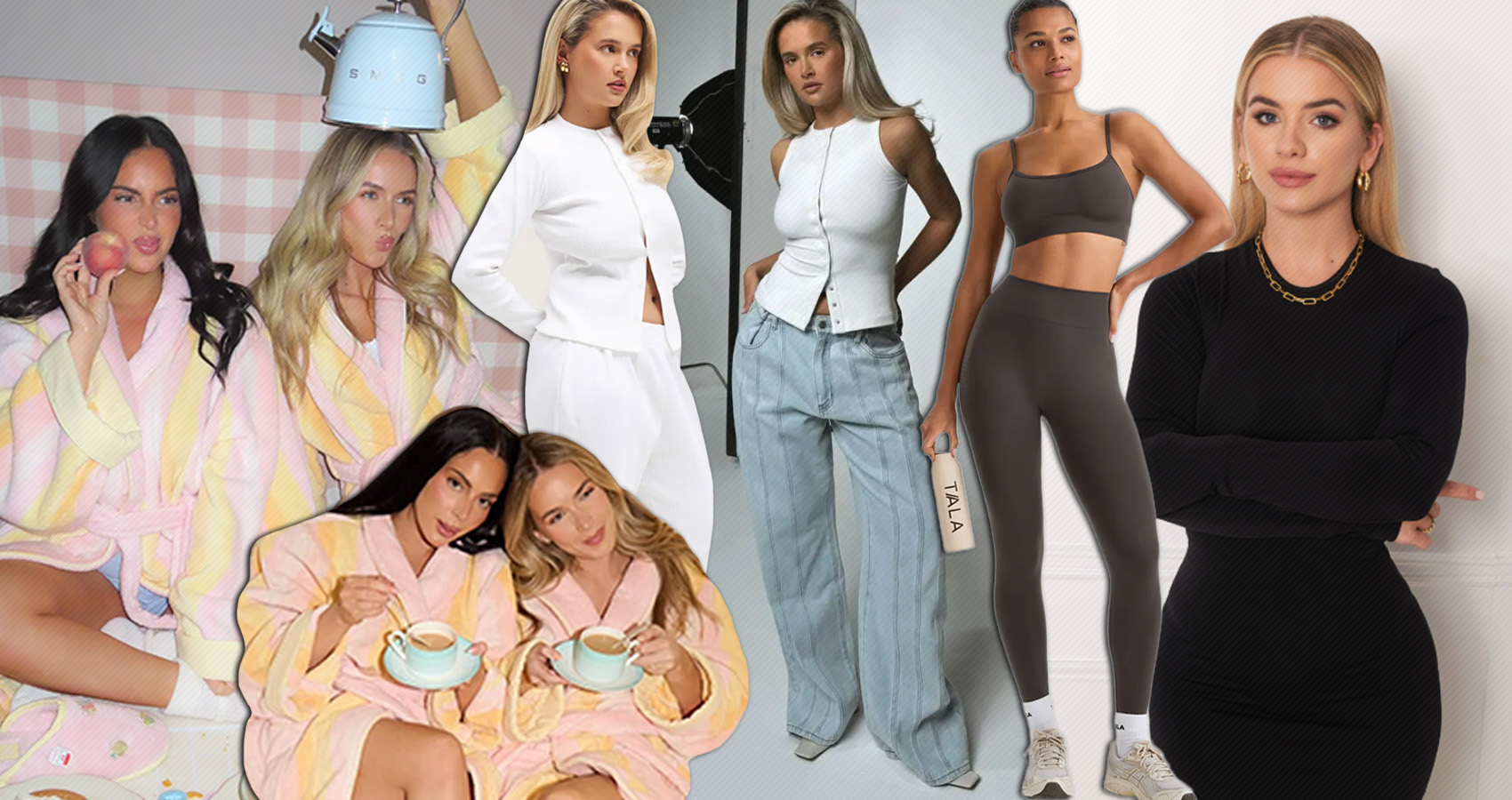
When the Face Becomes the Problem: How Influencers Are Destroying the Very Brands They Created
Authenticity has become an act.
Influencers. Love them or hate them, they’re taking over our feeds. What started off as paid brand advertisements slowly turned into influencers becoming the brand. Every post, reel, or caption feels less like an insight into their life, and more like a marketing strategy in disguise.
Rooms by Sophia & Cinzia
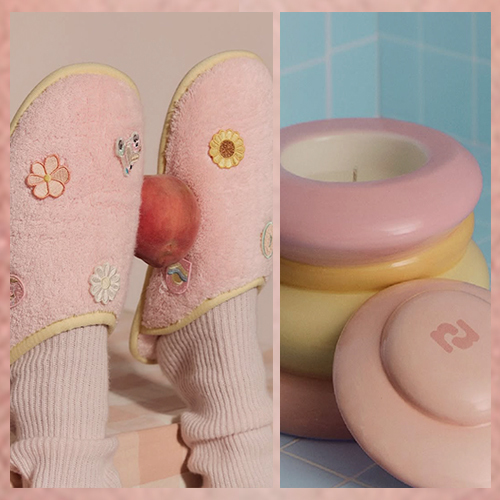
Earlier this week, influencer duo Sophia & Cinzia (also known for their podcast: The Girls Bathroom), launched a new brand, ‘Rooms’. After almost two weeks of teasers, the announcement was posted and was underwhelming, to say the least. The first launch consisted of a striped robe (£110), a candle (£65), and customizable slippers (£45). Fans immediately took to TikTok to discuss the high price point for the, quite frankly, childish designs. Arguments were made about who the target audience was, but to be honest, who wants a single-use candle for £65?
Maebe by Molly-Mae
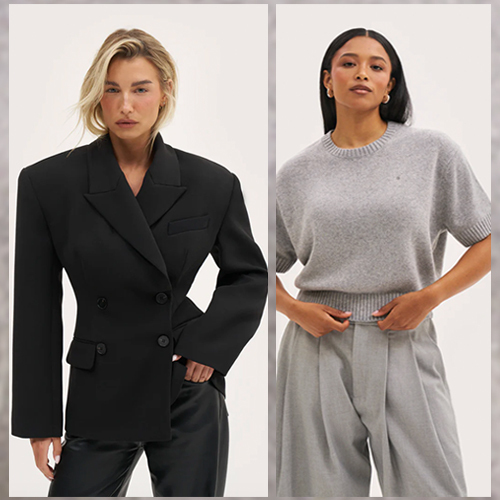
When Molly-Mae first announced her brand ‘Maebe’ back in September of 2024, the excitement was unmatched. Everyone was curious what she would come up with – after all, her minimalist, clean girl vibe is goals, right? The launch of the collection was successful, with consumers loving the sleek silhouettes. However, when people’s clothes started arriving, quality issues began to arise. In particular, the ‘Ultimate Blazer’ bobbled after just one wear, and fans were disappointed, to put it lightly. This was not a good look for Molly-Mae, with the internet accusing Maebe of being a cash grab and the clothes' quality not matching the price point.
TALA by Grace Beverley
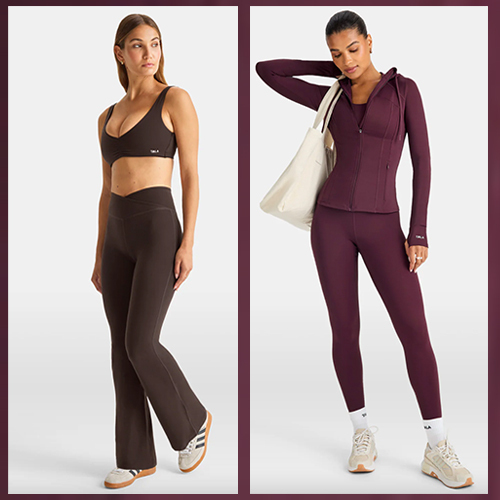
Grace Beverley’s brand TALA is the blueprint for the influencer-to-CEO pipeline. Founded in 2019, TALA is a successful gymwear brand focusing on sustainability, with their clothing being produced using recycled and naturally sourced materials. Having just opened their second store in London, TALA is continuing to evolve as an eco-conscious brand, which aligns with its founder’s values. TALA’s best-sellers include the ‘Sculpt Seamless leggings’ and the ‘DayFlex sports jacket’, also known as the ‘BBL’ jacket. What makes TALA appealing, besides the quality of the clothes, is the fact it is a reflection of its founder, Grace Beverley, and it doesn’t feel like an act, as a way of making money.
At first glance, influencer-founded brands like Rooms and Maebe seem like natural success stories — extensions of the personalities that built them. But peel back the pastel branding and curated captions, and things get twisted. These brands thrive on “authenticity,” yet every drop, post, and partnership is meticulously calculated. The influencer isn’t just selling the product – they are the product. And in an era where relatability is currency, audiences are starting to wonder: when everything’s branded, what’s left that’s real?



